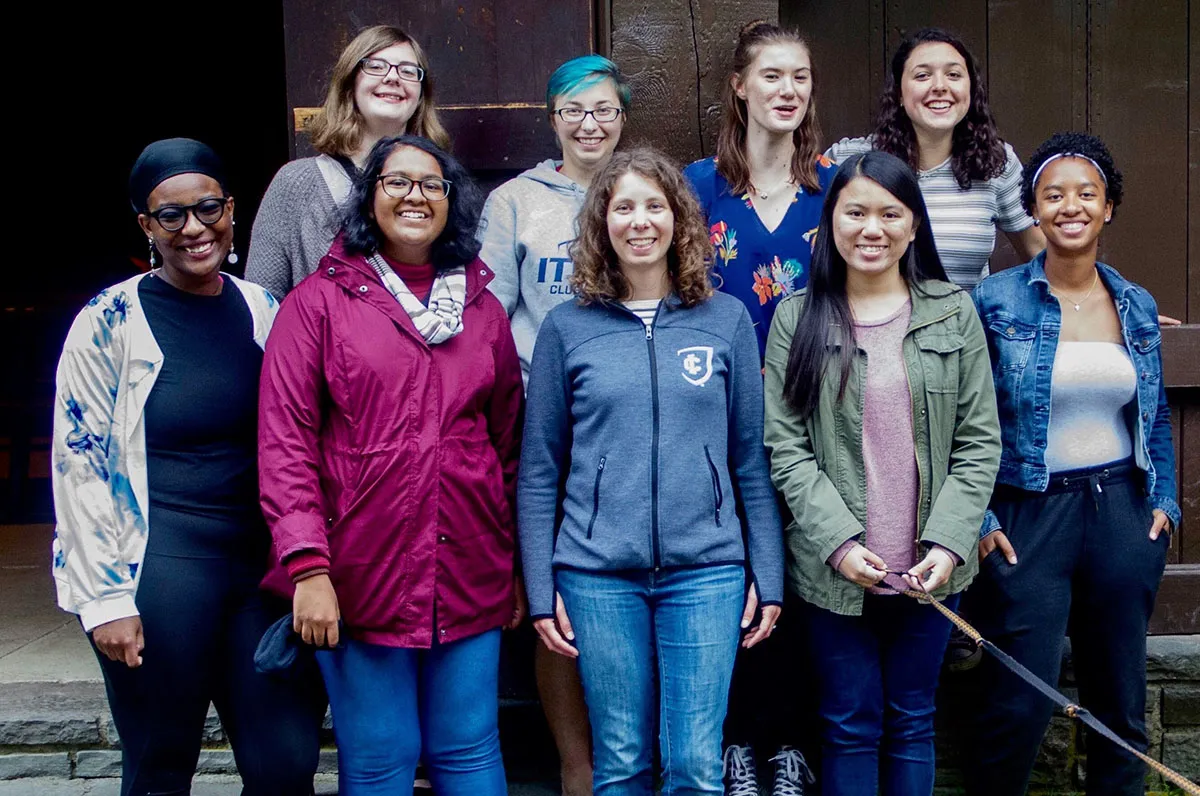Throughout her academic career, associate professor of physics and astronomy Kelley Sullivan has realized that it’s vital to foster a sense of belonging in physics classrooms and laboratories to attract and engage talented individuals and for the discipline to thrive. To accomplish that, she believes it’s essential to address systemic inequalities that affect traditionally underrepresented populations who have been edged out of the field because they have not felt supported in their identity.
One of her goals is to change the traditional narratives and shine a light on voices that have been historically excluded in physics and science.
“We really do need to have these conversations,” she said. “We need to hold them in a way that doesn't further ostracize the students, and we need to show them why they're important.”
Dr. Sullivan will have an opportunity to bring these inequalities to the foreground as she begins the American Physical Society’s Equity, Diversity, and Inclusion (EDI) Fellows program. Dr. Sullivan is one of six inaugural fellows selected from a nationwide pool of applicants. The fellows will work with critical conversation specialists to learn how to lead conversations about equity, diversity, and inclusion.
